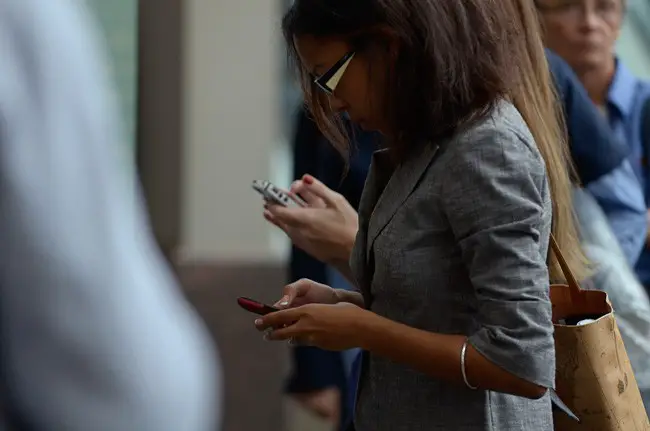
In a couple of years, Floridians will be able to register online to vote, as residents can already do in 20 other states.
Gov. Rick Scott expressed concerns Friday as he signed into law a measure (SB 228) that requires the state Division of Elections to develop an online voter-registration application by Oct. 1, 2017.
The governor’s office released a signing letter Scott sent to Secretary of State Ken Detzner, who opposed the proposal as it moved through the Legislature.
Scott wrote that he signed the bill “with some hesitation,” expressing apprehension about implementing the new system while modernizing the Florida Voter Registration System. Scott, who has signaled possible interest in running for the U.S. Senate in 2018, also repeated the need to ensure cybersecurity, an issue that Detzner raised with lawmakers.
“Cyberattacks are on the front pages almost every day, and fraud and identification-theft issues arise whenever a new avenue for information transmittal is created,” Scott wrote.
But Rep. Alan Williams, a Tallahassee Democrat who helped sponsor the House version of the bill, said he was proud lawmakers and Scott approved the measure “that makes voter registration more accessible to Floridians and moves the state from the equivalent of the typewriter age into the iPad age. Anytime we increase voter access, it is a positive step toward greater civic engagement.”
Ron Labasky, general counsel of the State Association of Supervisors of Elections, said Florida should be ahead of the cyber-technology curve as voter-registration data is already electronically transmitted between the Department of Highway Safety and Motor Vehicles and county supervisors.
“I think there are procedures that are directed in the bill that will be employed to ensure there are satisfactory security measures in place before the online system goes into implementation,” Labasky said.
The House tacked on a measure before the final vote that requires a risk-assessment study before the system goes live and additional studies every two years.
The bill was approved 109-9 in the House and 37-3 in the Senate.
According to the National Conference of State Legislatures, 20 states offer online voter registration, three others offer a limited form of online registration, and four have passed legislation to create online-registration systems.
Florida lawmakers also included in the bill a $1.8 million allocation, which must still be approved as part of the budget, to pay for setting up the system. Lawmakers noted the amount is higher than what other states have spent to implement similar systems.
Labasky estimated the system will require about $200,000 to $300,000 to set up, with the money already in a state trust from a federal government program.
Meredith Beatrice, Detzner’s spokeswoman, said in an email Friday that the secretary respects Scott’s decision.
“Per the secretary’s earlier statements, the Department of State will commit 110 percent of its effort to ensure it is implemented correctly and safeguarded against security risks,” Beatrice wrote in the email.
Detzner told legislators during committee appearances that his agency will be busy next year overseeing what is expected to be the largest election in state history and is already undertaking a two-year rewrite of the statewide voter-registration system. Detzner added that his office would also be under deadline pressure to coordinate the required online-registration changes with 67 county election supervisors and the Department of Highway Safety and Motor Vehicles.
More important, Detzner warned, the system would have to be built to ward off cyberattacks from “forces of evil.”
–Jim Turner, News Service of Florida





























Layla says
These men have seen the evidence of voter fraud here in Florida. Why would they do this?
Flatsflyer says
This is a death blow for Tea Baggers and “Kochsuckers”.
Brad W says
Great news.
Anonymous says
Must be tough for all those Republican politicians in Florida to realize now that they might not be swept into office by all those retired Tea Party types who have all the time in the world to get to the polls and stand in line, especially since they are not as likely to use their computers to vote as younger working people. Scott and friends just can’t stand the idea of the deck no longer being stacked in their favor.